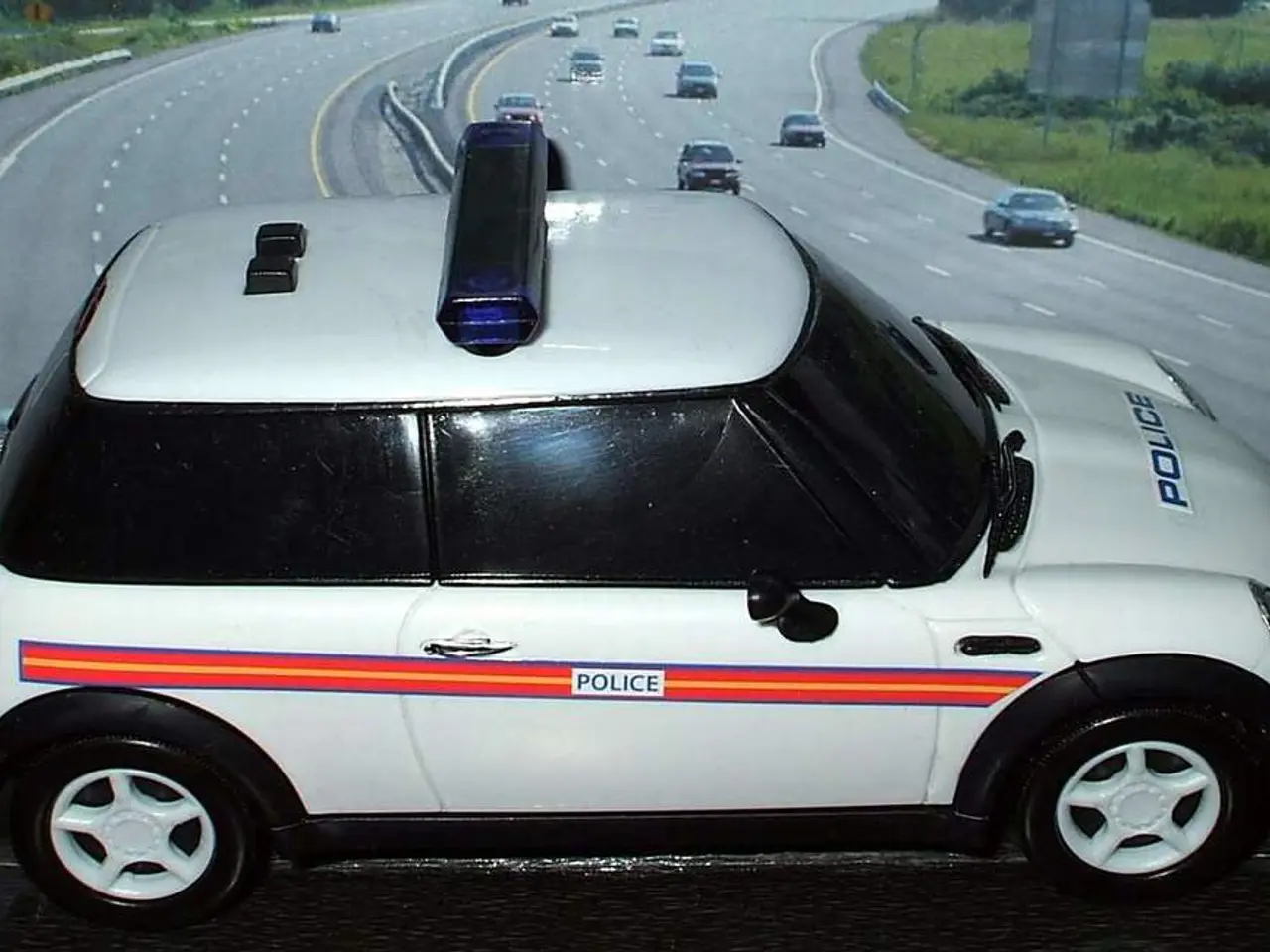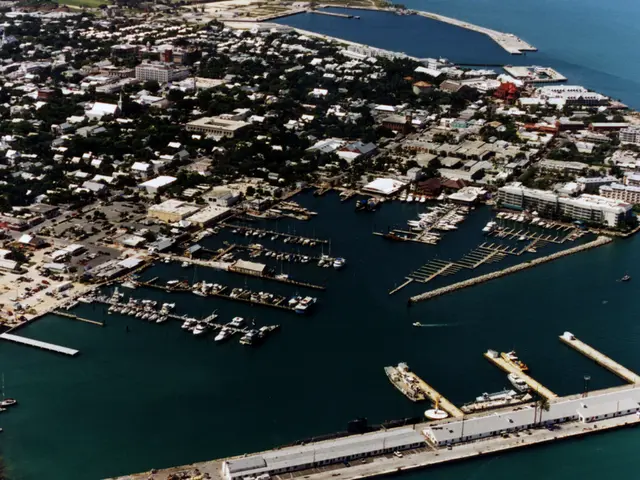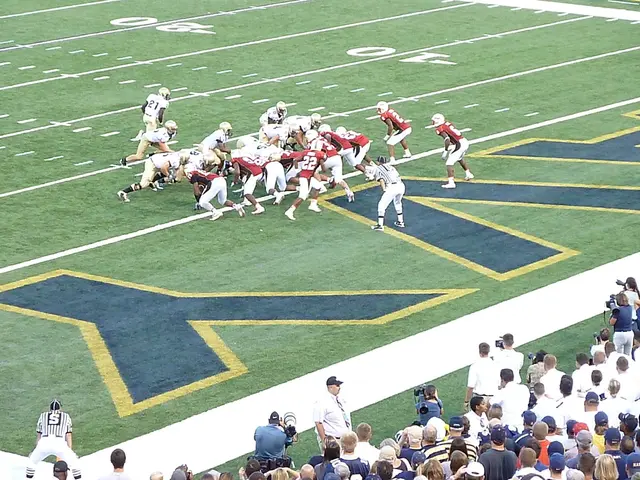DC takeover threatened again by Trump in post associated with supposed assault of DOGE firm worker
In a surprising turn of events, President Donald Trump announced on August 11, 2025, his intention to federalize the Washington D.C. Metropolitan Police Department (MPD) and deploy hundreds of National Guard troops to the city, citing a "crime emergency."
Key details of the proposed action include:
- Trump invoked Section 740 of the D.C. Home Rule Act of 1973, allowing him to take control of D.C.’s police for federal purposes during "special conditions of an emergency." He declared that the crime situation in D.C. was such an emergency to justify federal takeover.
- The initial federalization order would last for 48 hours, but Trump notified Congress to extend it for 30 days. Extending beyond 30 days requires congressional approval through a joint resolution, which is politically difficult given the Senate filibuster and Democratic opposition.
- Trump threatened to declare a national emergency to bypass Congress if it refused to extend federal control of D.C. police beyond the 30-day limit.
- The primary rationale cited by Trump for the takeover was the alleged crime crisis, including issues like homelessness. However, crime data reportedly shows violent crime in D.C. is at a 30-year low, and local officials reject Trump's characterization.
- Trump indicated plans to use D.C. as a model for federal law enforcement intervention that could be expanded to other cities with high crime rates such as New York, Chicago, Baltimore, Los Angeles, and Oakland.
The implications of this action are significant:
- The federal takeover would strip D.C. leadership of control over its own police department, undermining local governance and the Home Rule Act which grants D.C. residents elected control over policing.
- The move raises constitutional and democratic concerns about federal overreach into local affairs in a city that does not have statehood status but has a unique self-governing arrangement.
- It sets a precedent for declaring a "crime emergency" to intercept local authority and federalize policing elsewhere, sparking fears about militarization of law enforcement and potential political motivations behind targeting mainly Democratic-run cities.
- Congressional approval will be needed to sustain the longer-term extension, positioning the clash over control of D.C. policing as a major political flashpoint between the Trump administration and congressional Democrats.
- Some civil liberties groups and D.C. officials have condemned the move as politically motivated, excessive, and harmful to community trust in policing.
In a separate incident, two 15-year-olds were arrested and identified by the victims, as per a police report, in connection with a carjacking that occurred early Sunday morning. The carjacking involved a Department of Government Efficiency (DOGE) employee, and the beaten man pushed his significant other into the car for safety during the attack.
President Trump's statement during his news conference included an unsourced image of a bloodied man, which he claimed depicted the attack. However, our website was unable to independently verify its validity. The group of suspects began saying they would take the car, prompting the assault.
Trump's post on Truth Social also did not specify a timeline for when the federalization of the District of Columbia would occur. The statement did not mention any specific local leaders or officials who have not "got their act together."
This proposed federal intervention represents an unprecedented federal intervention with broad implications for local autonomy, civil rights, and national politics around law enforcement and public safety.
- The proposed federalization of the Washington D.C. Metropolitan Police Department, due to the alleged crime crisis, has sparked concerns about political motivations behind targeting mainly Democratic-run cities, especially as it sets a precedent for declaring a "crime emergency" to intervene in local affairs and federalize policing elsewhere.
- Meanwhile, separate from the ongoing controversy, two 15-year-olds were arrested in connection with a carjacking incident that occurred early Sunday morning, raising questions about community safety and trust in policing, while President Trump's unsourced image of a bloodied man, claimed to depict the attack, remains unverified.








